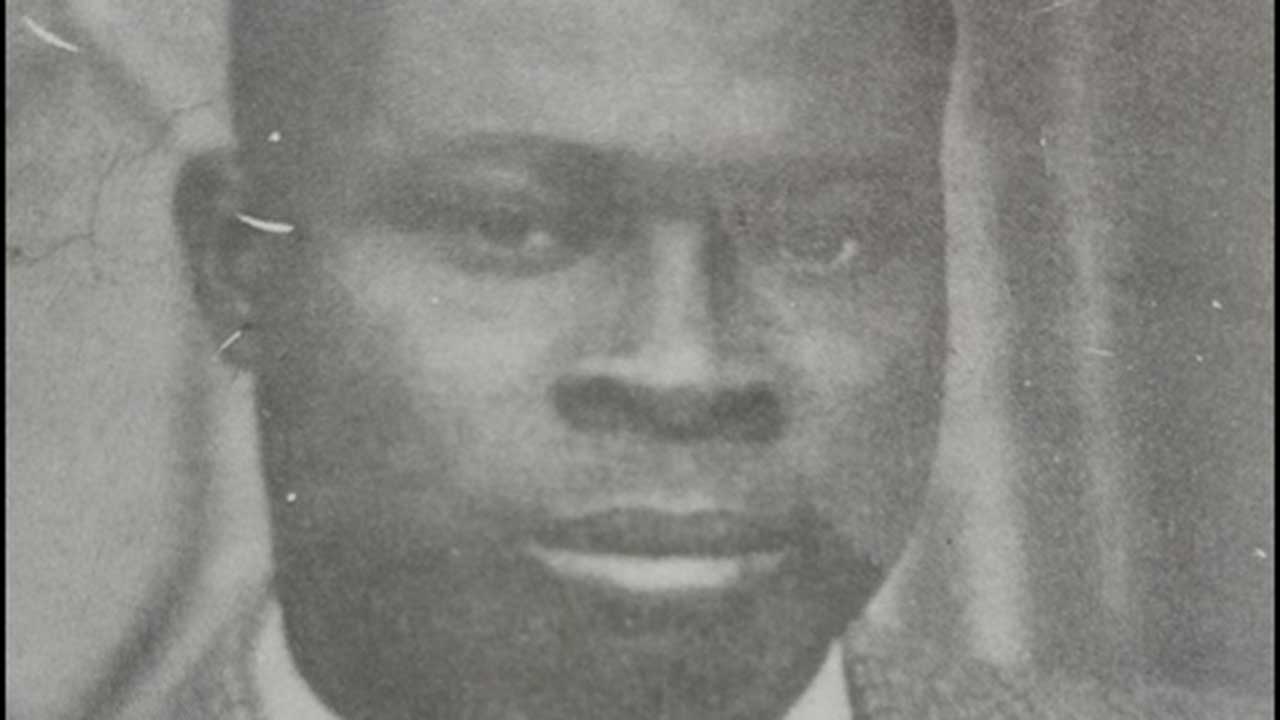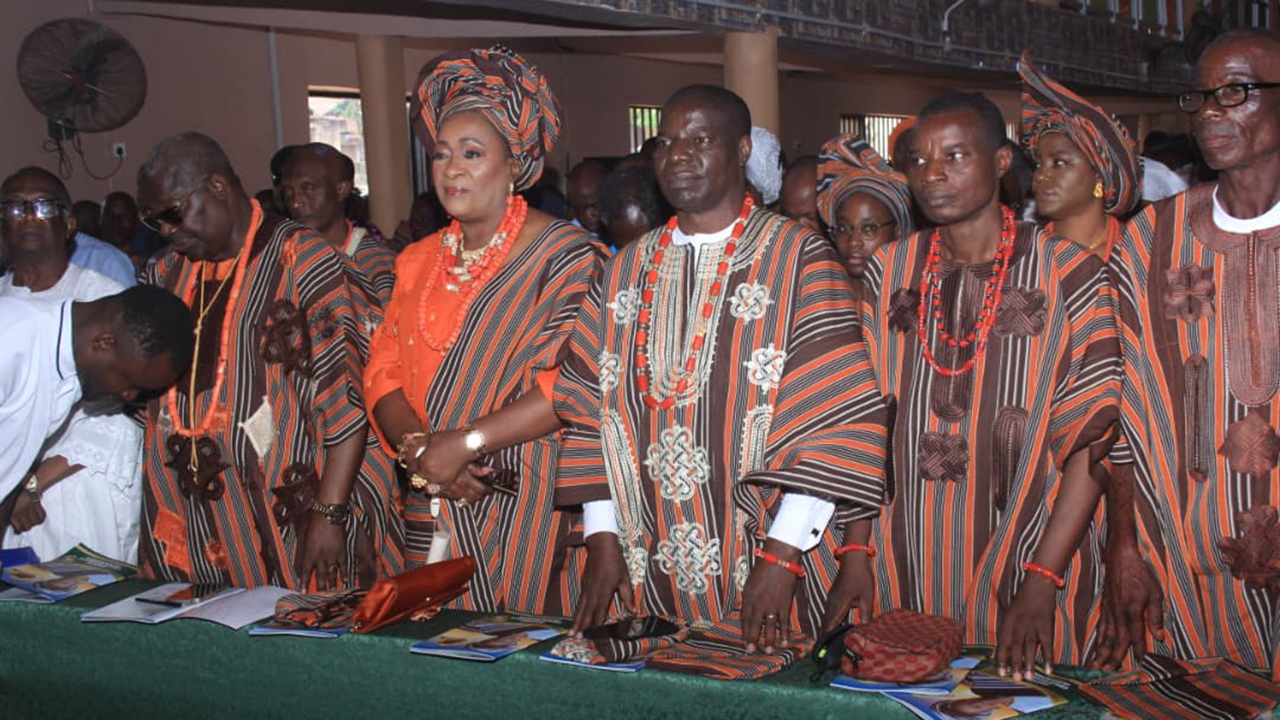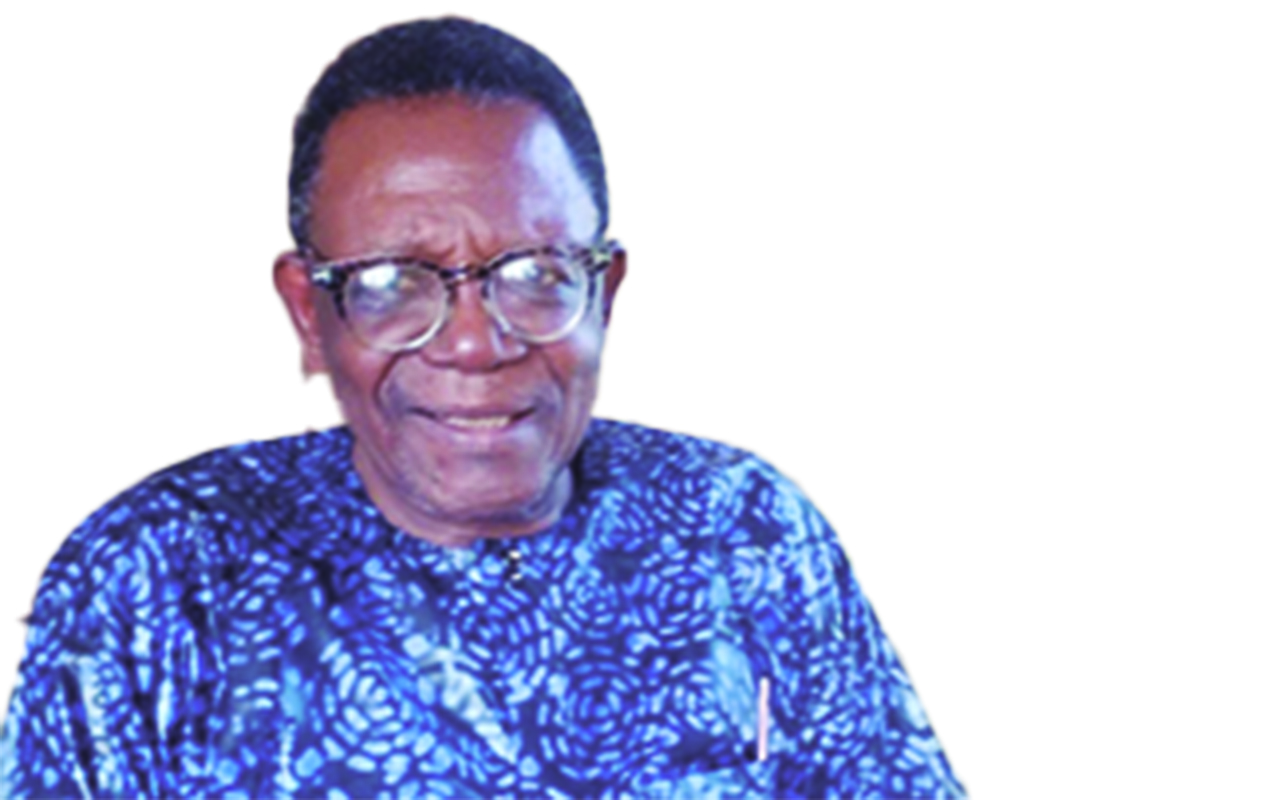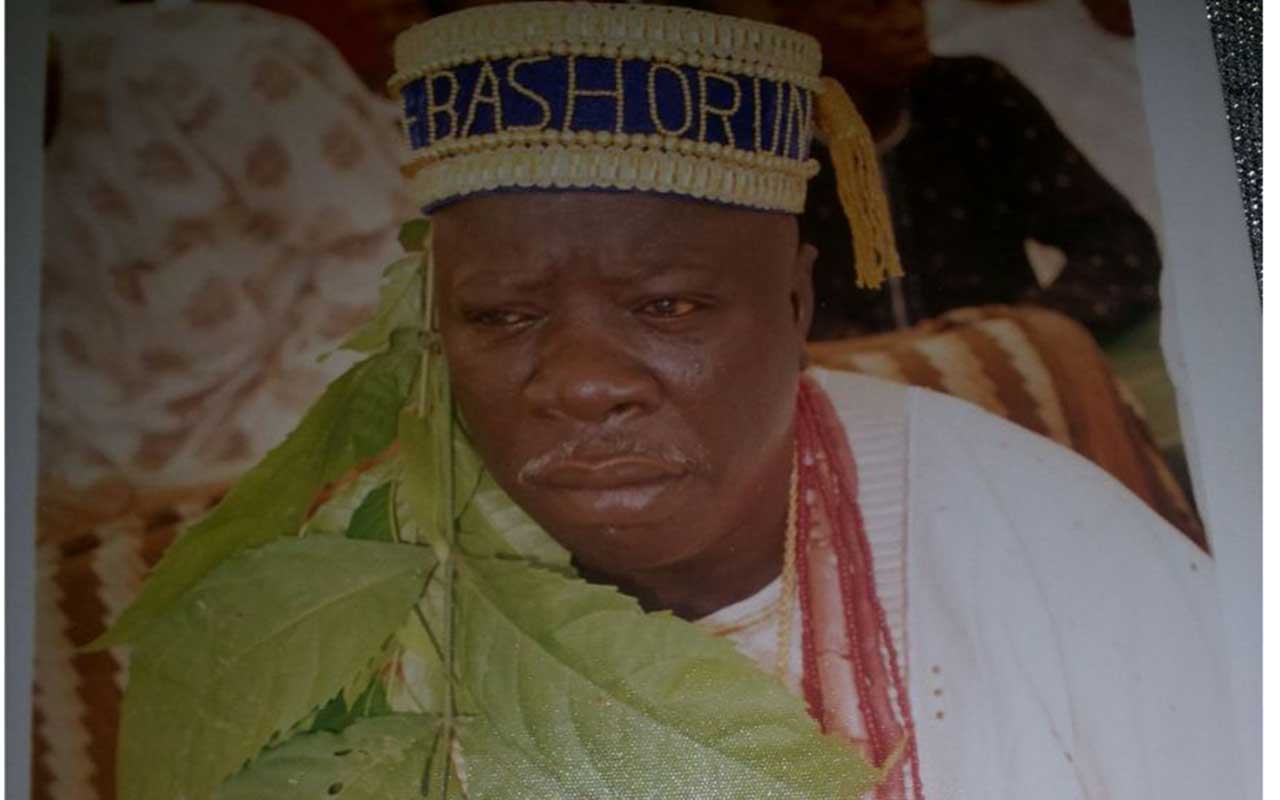 The children, grandchildren and great grandchildren of the late Chief Theophilus Adediran Oni are marking his golden jubilee year of remembrance with a series of events, that included the publication of a book commemorating his life and achievements.
The children, grandchildren and great grandchildren of the late Chief Theophilus Adediran Oni are marking his golden jubilee year of remembrance with a series of events, that included the publication of a book commemorating his life and achievements.
The three-day event which is billed to take place between February 13 and 15, 2025, will honour the life, legacy, and contributions of the renowned Nigerian.
On day one, February 13, Thursday, a thanksgiving service will be held at African Church, Oke-Imesi by 12noon. Later same day, the renovated tombstone would be unveiled. Thereafter, there will a celebration at the Market Square, Oke-Imesi.
On the second day of the celebration, February 14, a book of remembrance will be launched along with a photo exhibition by 10:00am at Jogor Center, Ibadan, Oyo State.
On the third day of the celebration, February 15, donations would be made to the Oni Memorial Children’s Hospital Jogor Center, Ibadan. The Chief T.A. Oni Memorial Hospital, Ring Road, Ibadan is a personal estate volunteered by Chief Oni for public use, and it has been a vital institution in the health sector for decades.
Also on the same day, February 15, a remembrance celebration party will be held by 7:00pm at Jogor Center, Ibadan.
A prince of the Fadumila-Oni royal household of Oke Imesi Ekiti, Theophilus Adediran Oni was born in Oke Padre, Ibadan, Oyo State in 1913, to Prince James Adeyemi Oni, a former UAC employee turned successful cocoa farmer, from the Fadumila Oni royal household of Oke Imesi, Ekiti State.
This royal household, one of only four whose members are entitled to sit on the throne, has produced two kings of Oke Imesi to date; namely, Oba Fasan Akere, the 7th Oba of Oke Imesi and Oba Adedoja Oni, son of T.A Oni and the 12th Oba of Oke Imesi.
The family lineage also includes the legendary 19th century Kiriji War Ekitiparapo militia commander, Fabunmi, the first Balogun (war general) of Oke Imesi, a title T.A Oni would later also receive himself.
Following the collapse of the global cocoa market in 1929, life took T.A Oni from Ibadan to Abeokuta, where his after school job, picking up tennis balls for colonial expats at the Abeokuta Tennis Club, resulted in his gaining employment with the Public Works Department (PWD), now the Ministry of Works in the 1930s.
From overseeing the building of the first six trunk A roads in Nigeria, in 1937, to creating the first indigenous construction company in Nigeria, T.A Oni and sons, in 1946; T.A Oni broke new ground constantly in his professional life.
Although the construction of roads and bridges initially formed majority of T.A Oni and sons construction contracts at inception in 1946; T.A Oni lost no time in engaging talented Nigerian staff and adding the construction of buildings to his company’s portfolio of capabilities.
In the face of foreign financed and owned companies also entering the Nigerian construction industry at that time, like Messrs G Cappa, and the new sister companies, such as Cappa and Alberto, that they floated to make inroads into TA Oni and sons large number of successful construction bids, the company stayed ahead of its foreign competitors by implementing an overseas UK-based training programme for its key staff in the mid-1950s, thereby modernising and upgrading its construction equipment, and by also adding fabrication and joinery facilities to the company’s capabilities.
TA Oni and sons, later renamed Harboni Limited, following a merger with Royal Dutch Harbour Works in the early 1970s, also carried out the following projects:
The construction of the University of Ibadan (roads, staff quarters, classrooms, furniture); the construction of the University of Lagos (roads, staff quarters and infrastructure); the construction of the Queen Elizabeth Road in Ibadan, Nigeria’s first dualized road; the construction of bridges, infrastructure, and over 1000 kilometres of roads nationwide, transforming the country’s infrastructure landscape.
Others include First Baptist Church, Idikan, built in 1952; The St. Peters Church, Aremo, built in 1956; the New Bussa Town; Staff quarters, offices and road network to Kainji Dam; Ikeja International Airport, Tejuosho Market, Ewekoro Cement factory and Rubber Research Institute, Iyanomor, Edo State.
Outside of construction, T.A Oni was also a significant commercial and corporate presence, both as a major distributor of motor vehicles and motorcycles, and as a significant and substantial pioneer investor in major companies such as International Breweries, African Prudential Insurance and Fan Milk.
His achievements were recognised with both an MBE from Queen Elizabeth II, and an MFR from the Nigerian nation.
Goodwill house had been the beloved home where T.A Oni lived with his wives and many children; the latter living in their own dormitories supervised by two matrons, to prevent any divisive influence on them by the former.
This ensured a closeness and unity among his children that survives to this day. Goodwill House saw many parties and celebrations over the years. T.A Oni also enjoyed horse riding, maintaining a stable of horses there of varying temperaments, depending on who rode them.
As a committed philanthropist, T.A Oni also included in his Will the dedication of his own home, Goodwill House, as a children’s hospital, with stewardship entrusted to the Oyo State Government by his Estate in 1985. Goodwill House was renamed the TA Oni Memorial Children’s Hospital after his death.






